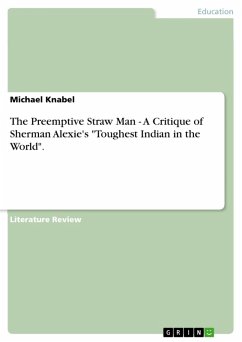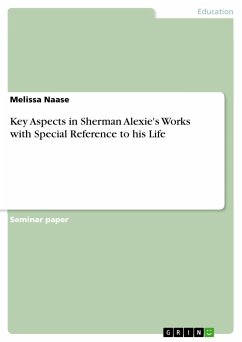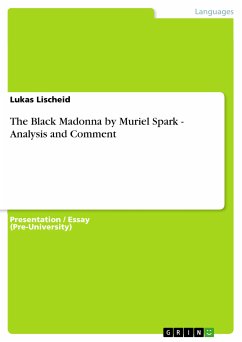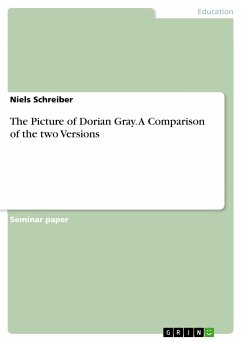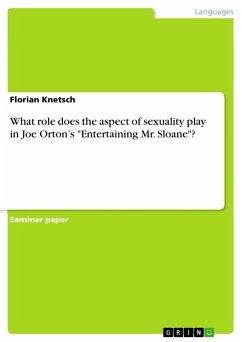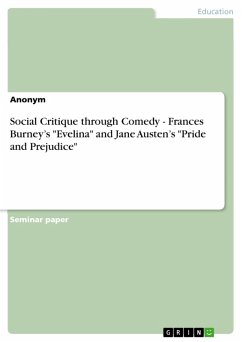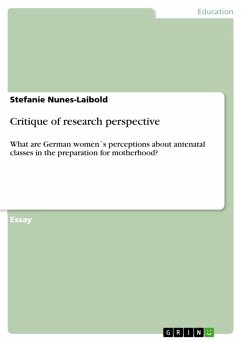Literature Review from the year 2010 in the subject Didactics for the subject English - Discussion and Essays, , course: Fiction, language: English, abstract: Homosexuality is like suicide. In the literary sense, I mean. Think about it. If you are reading a novel or short story and the main character just happens to off himself without foreshadowing, reason, or resultant purpose then it can safely be assumed that what you are reading is not very good. This is the case with the short story "Toughest Indian in the World," except substitute homosexuality for suicide and you get the idea. Lisa Tatonetti claims that homosexuality is a useful literary tool for illustrating character development, and I could not agree more. I just happen to disagree with her argument that Sherman Alexie is any good at using that tool (specifically in his short story "Toughest Indian in the World"). However, in contemporary analysis of the use of "controversial" themes such as homosexuality, critics like Tatonetti and Julie Bolt - and Alexie himself - dare you to criticize the work. Bolt, and Alexie, assert that if you criticize it then you are a homophobe. I assert that the problem is not with the homosexuality, it is how it is used; poorly, cheaply, etc. So I will criticize, not because I am a homophobe, but because if I do not criticize, then I am fearfully endorsing awful literature. Tatonetti posits that homosexuality - amongst other "queer" identities - have suffered in literature, especially Native American literature; "...critical investigations of this important body of literature are just now finding representation in scholarly forums on American Indian literature" (Tatonetti 35.2). Her brief analysis of recent queer Native American texts successfully illustrates how the "Toughest Indian" might come to be championed by those who wish to find important and significant queer identities in Native American literature. She then posits that homosexual identities are good vehicles to explore character transformation, and to this I agree. She also concludes that Sherman Alexie's homosexuality constructs in "Toughest Indian" are productive and successful ones; "I argue that the narrator's queer relationship to the fighter is situated as an avenue of transformation" (Tatonetti 35.2) While I can endorse her initial positions, I cannot disagree more with her conclusion. Her intention with this last quote is to argue that the homosexuality in "Toughest Indian" was used productively, however her reasons she offers in support of this claim mainly are derivatives of her first quote decrying the lack of queer identities.
Dieser Download kann aus rechtlichen Gründen nur mit Rechnungsadresse in A, B, BG, CY, CZ, D, DK, EW, E, FIN, F, GR, HR, H, IRL, I, LT, L, LR, M, NL, PL, P, R, S, SLO, SK ausgeliefert werden.

